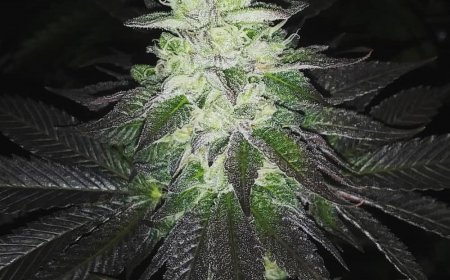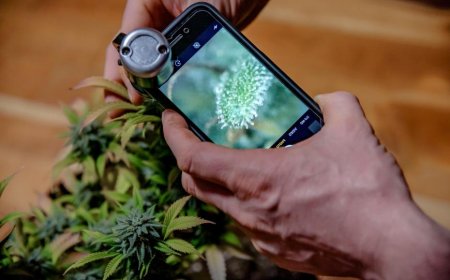Exotic Herbs You Need to Try
Discover the fascinating species of exotic herbs you need to try; learn their benefits, how to grow, harvest, store and cook them for a unique experience.
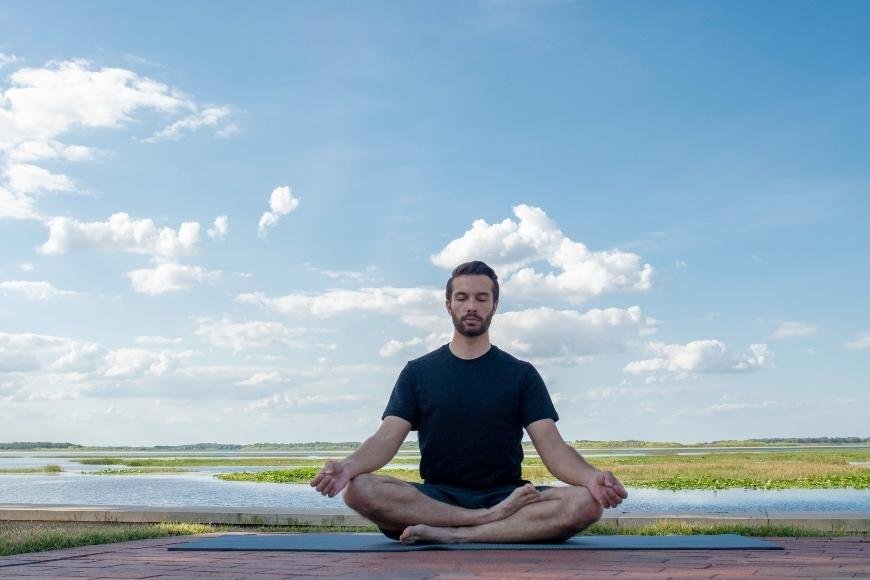
Exotic herbs offer a world of untapped potential for those adventurous enough to explore their diverse range. From the stimulating effects of certain African herbs, to plants known for helping shamans spiritually connect, there's an entire universe waiting to be discovered.
In this blog post, we will delve into the fascinating species you need to try and how they can easily grow in your backyard or indoor garden. We'll also discuss harvesting techniques that ensure you get the most out of these psychoactive plants while preserving their medicinal properties.
We'll touch on storing methods that maintain potency and freshness. Furthermore, we’ll enlighten you on incorporating exotic herbs into cooking - adding unique flavors like lemon zest commonly found in Asian cuisine or creating tea infusions with fresh leaves from plants like Ginkgo to make ginkgo tea.
Lastly, we will guide you through their medicinal uses such as Erythrina Mulungu plant’s calming effect or Calliandra Angustifolia’s mild stimulant properties. Understanding legal status is equally important; hence we will shed light on it too ensuring safe usage of these Exotic Herbs You Need To Try!
Table of Contents:
- Benefits of Exotic Herbs
- Growing Exotic Herbs
- Harvesting Exotic Herbs
- Storing Exotic Herbs
- Cooking with Exotic Herbs
- Exotic Herbs for Medicinal Purposes
- Legal Status of Exotic Herbs
- FAQs in Relation to Exotic Herbs You Need to Try
- Conclusion
Benefits of Exotic Herbs
If you're a flavor adventurer, exotic herbs might be your new best friend. Unique herbs may provide potential advantages for your overall health and well-being.
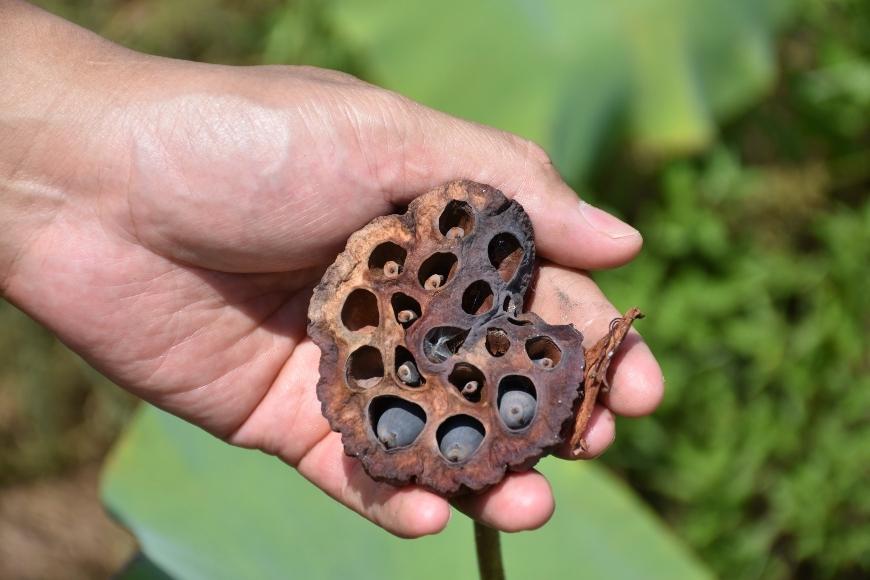
Medicinal Properties
Many exotic herbs are known for their medicinal properties. For instance, Kratom, a tropical tree native to Southeast Asia, is often used in traditional medicine due to its analgesic and anti-inflammatory effects. Another herb worth mentioning is Salvia Divinorum, which has been used by the Mazatec Indians for spiritual healing and divination purposes.
Recreational Value
Besides their therapeutic uses, these herbs also have recreational value. They can alter consciousness in ways that many find enjoyable or spiritually enlightening. Nevertheless, not everyone may appreciate such altered states of consciousness.
Aphrodisiacs
In addition to enhancing mood and providing relief from physical discomforts such as pain or inflammation, certain exotic herbs like Damiana are believed to act as aphrodisiacs, stimulating sexual desire and performance.
It's crucial to do thorough research about any new substance, whether it's an herb or otherwise. Understand proper dosage guidelines and always respect the plant's power. Misuse or abuse could lead to serious consequences, including addiction, severe health problems, or even death. So please use responsibly.
Growing Exotic Herbs
Have you ever considered cultivating your own exotic herbs? It's a rewarding hobby that can provide you with fresh, potent ingredients for cooking, medicinal uses, and even recreational enjoyment. It's simpler than you'd anticipate.
Choosing the Right Herbs
When it comes to growing exotic herbs, the first step is choosing the right ones. Some popular options include cannabis, magic mushrooms, and other psychedelics. These plants have unique properties that make them fascinating to cultivate.
Planting Process
Next comes the planting process. Most exotic herbs prefer well-draining soil and plenty of sunlight or artificial light if grown indoors. They also need regular watering, but be careful not to overwater as this can lead to root rot.
Optimal Temperature and Humidity
Maintaining optimal temperature and humidity levels is crucial too - many tropical plants thrive in warm conditions with high humidity while others may require cooler temperatures.
Growth Cycles
Another important aspect of growing these plants is understanding their growth cycles - some herbs like cannabis have distinct vegetative and flowering stages which require different lighting schedules when grown indoors.
Pest Control
Pest control is another key factor in successful cultivation - organic methods such as introducing beneficial insects or using natural pesticides are often recommended for maintaining healthy crops without harming the environment or your health.
So, what are you waiting for? Start growing your own exotic herbs today and enjoy the benefits of fresh, potent ingredients.
Harvesting Exotic Herbs
Timing is everything when it comes to harvesting exotic herbs. These plants have specific windows during which their potency and flavor are at their peak. For instance, the psychoactive properties of Salvia divinorum, a popular herb in spiritual ceremonies, are strongest just before the plant flowers.
When harvesting, it is best to utilize a sharp knife or scissors for cutting stems instead of tugging them off manually. This helps prevent damage that could lead to decay or disease.
Tips for harvesting exotic herbs:
- Gather herbs early in the morning after dew has evaporated but before the sun gets too hot.
- Avoid harvesting wet plants as this can encourage mold growth.
- Cut off only what you need for immediate use; most herbs lose flavor quickly once they're cut from the plant.
If you plan on drying your harvested herbs for later use, do so promptly after cutting them down. Fresh-cut herbs left out without being dried or used immediately are more likely to develop mold or other issues that could ruin their quality and safety.
Remember that each herb may require different care during its lifecycle. Some might need pruning while others prefer being left alone until harvest time arrives. As always with gardening (and especially when dealing with potentially psychoactive substances), research is key.
Storing Exotic Herbs
Proper storage of exotic herbs is crucial to maintain their freshness and potency. The method you choose can significantly impact the quality, flavor, and medicinal properties of these unique plants.
Avoid Sunlight
The first rule in storing exotic herbs is to keep them away from direct sunlight. Sunlight can degrade the active compounds in herbs, reducing their effectiveness. A cool, dark place like a pantry or cupboard is ideal for storage.
Use Air-Tight Containers
To ensure potency, herbs should be kept in air-tight containers that prevent oxygen exposure. Glass jars with tight-fitting lids are an excellent choice for this purpose.
Control Humidity Levels
Maintaining proper humidity levels is another key factor when storing your herbs. Too much moisture can cause mold growth while too little may result in dryness that diminishes flavor and efficacy. Silica gel packets are often used inside herb containers to help control humidity levels.
Consider Freezing
For long-term preservation, freezing is an ideal method; however, ensure the herbs are completely dry to prevent freezer burn or icing. Just make sure they're completely dry before doing so because any residual moisture could lead to freezer burn or icing.
Label Your Containers
Label each container with the herb name and harvest date to help you monitor their potency, as some herbs deteriorate more quickly than others when stored.
Remember: Properly storing your exotic herbs ensures that every pinch adds maximum taste and therapeutic benefits.
Cooking with Exotic Herbs
Enhance your cooking with extraordinary herbs that bring out novel tastes and fragrances in your recipes. From quick snacks to lavish dinner parties, these herbs can take your meals to the next level.
Kratom
Kratom, a Southeast Asian herb renowned for its bitter taste and powerful effects, can be brewed into tea or added to soups and stews. It's traditionally brewed into tea but can also be incorporated into savory dishes like soups and stews.
Recipe Ideas with Kratom:
- Kratom-infused chicken soup: Add powdered kratom leaves during the last few minutes of cooking time.
- Kratom-enhanced spaghetti sauce: Mix in some kratom powder while simmering your favorite tomato-based sauce.
Salvia Divinorum
Native to Mexico, Salvia Divinorum is a psychoactive plant that has been used by Mazatec shamans for centuries in spiritual rituals. While it's most commonly consumed as chewed leaves or smoked extract, it can also be used sparingly in food preparation due to its intense flavor profile.
Suggested Uses of Salvia Divinorum:
- Incorporate finely chopped fresh salvia leaves into salsa verde for an unexpected kick.
- Add dried salvia leaf powder into homemade chocolate truffles for a mystical dessert experience.
Remember to use these herbs responsibly due to their psychoactive properties. Always research each herb thoroughly before using them in cooking and consume them mindfully under safe conditions.
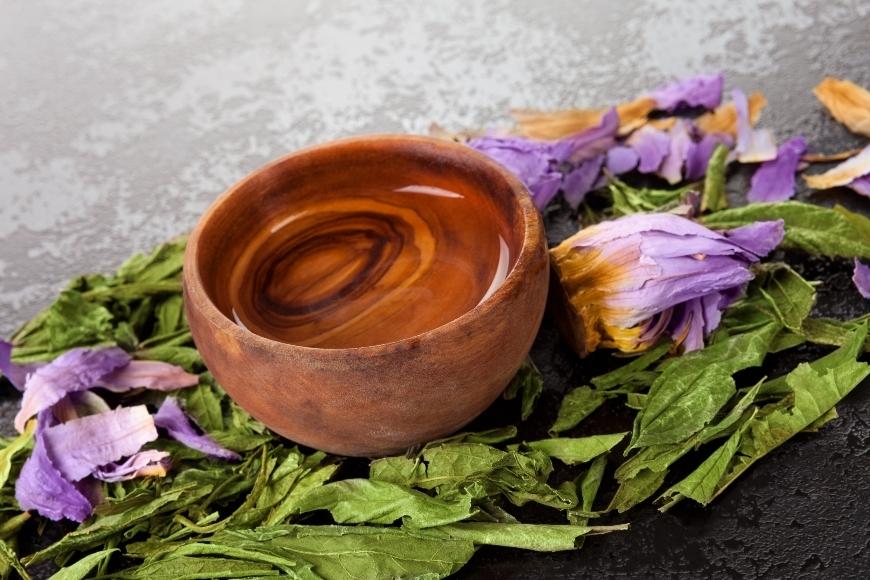
Exotic Herbs for Medicinal Purposes
The world of exotic herbs is vast and diverse, offering a plethora of potential health benefits. For centuries, various cultures have harnessed the power of these plants for medicinal purposes.
Ayahuasca
Ayahuasca, an entheogenic concoction composed of Amazonian vegetation, has been employed in traditional rituals for remedial objectives and could be beneficial to those suffering from mental health issues such as depression or PTSD. Research suggests that it may also have potential in treating addiction.
Kratom
What about a herb called Kratom, a plant native to Southeast Asia, has varying effects depending on dosage and strain type; research suggests it may have potential in treating chronic pain and addiction. Studies have shown that it may have potential in treating chronic pain and opioid addiction.
CBD (Cannabidiol)
CBD, derived from hemp plant varieties, is known for its anti-inflammatory properties without the psychoactive effects associated with THC. Research suggests that it may have potential in treating conditions such as epilepsy and anxiety disorders.
Psilocybin Mushrooms
Psilocybin mushrooms are currently being researched for their potential therapeutic uses. Studies suggest that they could be beneficial in treating conditions such as anxiety disorders or addiction. However, it's important to note that research is still ongoing and self-medication with these potent botanicals should be avoided.
It's crucial to consult healthcare professionals before starting any new herbal regimen, especially if you're already taking prescribed medications or have pre-existing medical conditions. Further scientific studies are needed to fully understand the potential of these exotic herbs for medicinal purposes.
Legal Status of Exotic Herbs
The legal status of exotic herbs varies greatly from one country to another. It's important for users and growers alike to stay informed about the laws in their respective regions. It is essential to be aware of the relevant laws in order to both use and cultivate these herbs responsibly, as well as avoid any legal consequences.
In some countries like Canada, many psychoactive plants and fungi are decriminalized or even fully legalized. However, other nations have stricter regulations on these substances. For example, in Singapore possession or consumption of certain psychoactive substances can lead to severe penalties including imprisonment.
There is a growing trend towards the decriminalization and legalization of certain exotic herbs worldwide due to their medicinal properties and cultural significance. In the United States, several states have embraced cannabis legalization for medical and recreational purposes.
Countries such as Portugal have adopted a more progressive approach by decriminalizing all drugs, instead focusing on harm reduction strategies rather than punitive measures.
The legality surrounding magic mushrooms is particularly complex due to varying levels of regulation around psilocybin (the active compound). Some jurisdictions allow cultivation for personal use while others strictly prohibit it.
To ensure compliance with local laws when using or cultivating exotic herbs, always do your research beforehand and consult reliable sources regularly as legislation may change over time.
FAQs in Relation to Exotic Herbs You Need to Try
What is the world's rarest herb?
The Napoleon's Hat (Legousia hybrida) is the world's rarest herb, and unfortunately, it's almost extinct.
What are some exotic herbs?
If you're looking for something exotic, try Kratom, Salvia Divinorum, or Blue Lotus.
What herbs are a must-have?
Cannabis Sativa, Psilocybin Mushrooms, and Ayahuasca Vine are must-have herbs for any enthusiast.
What herbs are in high demand?
Ginseng, Echinacea, and St. John's Wort are some of the most in-demand herbs.
Conclusion
Exotic Herbs You Need to Try: Looking to spice up your herb collection? Exotic herbs offer unique flavors and medicinal benefits, making them a great addition to any garden. Just be sure to check their legal status before indulging. And remember, growing your own herbs ensures quality and freshness. So why not embark on an exciting journey into the world of herbalism?

